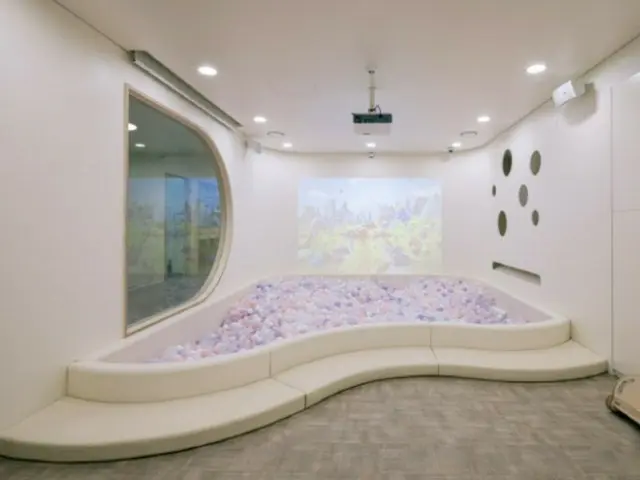Although the number of students has increased, the number of applicants and the number of children enrolled are decreasing year by year, and the utilization rate is also decreasing. The company said, ``In 2004, we purchased the account of Puruni Nursery School (Nursery Entrusted Management Foundation).
"Since then, we have been monitoring demand and making continuous efforts to secure capacity."However, the number of applications for nursery schools and the number of children enrolled are becoming more serious every year.After much consideration, starting this year, we decided to
We will be recruiting students with some adjustments to the class capacity." Regarding this, a company official said, ``As the number of applicants is decreasing, we have reduced the number of applicants after discussing it with the employee council,'' and added, ``We have decided to reduce the number of applicants in the future.
If the need increases, we plan to increase the capacity again." Naver currently operates a total of six workplace daycare centers in the suburbs of Seoul, including Pangyo and Bundang, and Seocho in Seoul.
is operated. In 2021 and 2022, new workplace daycare centers were opened in Gaunai-dong and Pangyo in Bundang, increasing the total capacity of the daycare centers to 951 children. 285 people in 2015
In comparison, the number of people accommodated has increased by more than three times. However, the number of children entering kindergartens has been decreasing year by year, and the competition ratio, which reached 1:5 in 2015, has fallen to 1:0.6 this year. New model
This means that regular recruitment demand has decreased by 41% compared to before the coronavirus outbreak. In particular, the number of children in the preschool class, for which we decided to reduce the capacity this time, has sharply decreased over the past three years, and the usage rate has dropped to 50%.
It has decreased to about %. The decline in demand for workplace nursery schools is partly due to interest in high-quality education such as English kindergartens, but the fundamental problem is the declining birthrate. This is definitely just Naver
It's not a problem. If you look at the number of nursery schools in all of Seoul, the number is decreasing. According to Seoul city childcare statistics, the number of childcare centers in Seoul increased from 6,787 in 2014 to 47 last year.
The number of locations has been reduced to 12. During the same period, the population of infants and toddlers aged 0 to 3 halved from 323,855 to 176,989. Due to this situation, companies that operate workplace daycare centers are also facing problems.
big. At some companies, there are many negative internal opinions regarding workplace daycare centers. This raises the question of whether this is a discriminatory welfare benefit that only benefits certain employees who have children.
As a result, some companies do not set up workplace daycare centers due to low demand, and are facing fines of up to 100 million won (approximately 11 million yen). Megastudy, Eduwill, Ka
Twenty-seven companies are representative, including Coupang and Coupang. Companies that are required to set up workplace daycare centers are those that employ 300 or more female workers or 500 or more full-time workers.
2023/10/18 06:34 KST
Copyrights(C) Herald wowkorea.jp 104

